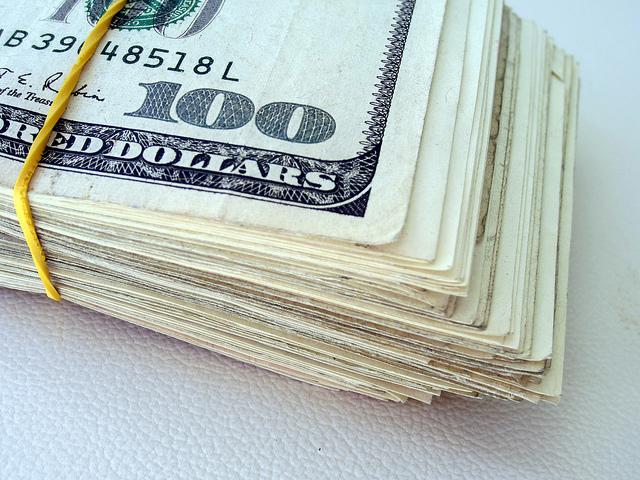Turning bitcoin to cash

On receiving your cash deposit payment and receipt, the seller will release the bitcoins to your Localbitcoins account. Approach the window and hand the teller your cash together with the deposit slip. No teller has ever asked to see my ID.
On completion of the deposit, the teller will give you a receipt. Keep it safe for the next step. To release bitcoin from escrow, sellers require proof of cash deposit. The most common form of proof is to send a direct message to the seller through the Localbitcoins site. This message often contains your order number and an image of your deposit receipt.
For example, some sellers offer instant escrow release, meaning that bitcoin is released as soon as a buyer says the transaction is complete. Other sellers can be found online frequently and are ready to release from escrow as soon as they receive notification of payment from their bank. A few sellers process orders at a more leisurely pace. The level of service offered by a seller depends at least partially on the exchange rate being offered. The best rates are often offered by sellers with slower turnaround times.
In my experience with four sellers, turnaround times have ranged from a few minutes to about an hour. After the seller marks your order as complete, Localbitcoins will move your bitcoin from escrow to your online wallet. To access this wallet, click your username in the top right of any screen and select the Dashboard pulldown. The link to your wallet apppears in the top-left of your dashboard. Bitcoin can be transferred out of your Localbitcoins wallet to a Bitcoin address of your choosing.
To improve quality, Localbitcoins encourages both buyer and seller to rate each other after every trade. Rating a seller also helps the buyer because these ratings are and can be used when screening sellers in the future. This option makes it possible to pay for bitocoin orders with cash at a bank branch. As the supply of BTC increases, and as the number of transactions increases, the work necessary to update the public ledger gets harder and more complex.
As a result, the number of new BTC into the system is designed to be about 50 BTC one block every 10 minutes, worldwide. So the system still only generates one 50 BTC block every 10 minutes, or blocks every 2 weeks. So, in a sense, everyone keeps track of it — that is, all the nodes in the network keep track of the history of every single BitCoin.
There is a maximum number of BitCoin that can ever be generated, and that number is 21 million. According to the Khan Academy, the number is expected to top out around the year Your own BitCoin are kept in a file your BitCoin wallet in your own storage — your computer.
The file itself is proof of the number of BTC you have, and it can move with you on a mobile device. If that file with the cryptographic key in your wallet gets lost, so does your supply of BitCoin funds. The total value of all BitCoin — as of the period at the end of this sentence — is around 11 billion US dollars. First, you have to have a BitCoin wallet. This article has links to get one.
And finally, one way is to dedicate a lot of computer power and electricity to the process and become a BitCoin miner. But you can read up on it here , or here or here. There are hundreds of merchants of all sizes that take BitCoin in payment, from cafes to auto dealerships. Money has had a long history — millennia in length. In the early years of the United States, different banks printed their own currency.
On a recent visit to Salt Spring Island in British Columbia, I spent currency that was only good on the lovely island. The common theme amongst these was a trust agreement amongst its users that that particular currency held value. Sometimes that value was tied directly to something solid and physical, like gold. In the U. BitCoin is an alternate currency that is also traded and its value, like that of other commodities, is determined through trade, but is not held up or diminished by the action of any bank, but rather directly by the actions of its users.
Its supply is limited and known however, and unlike physical currency so is the history of every single BitCoin. Its perceived value, like all other currency, is based on its utility and trust.